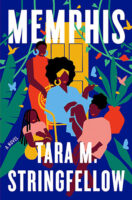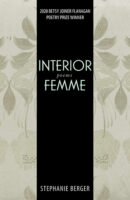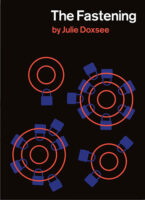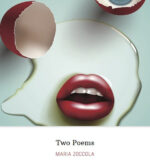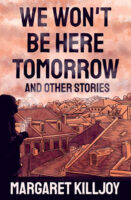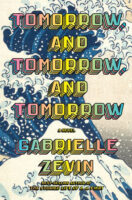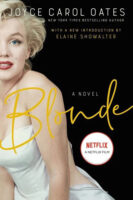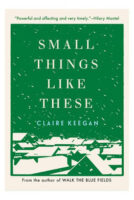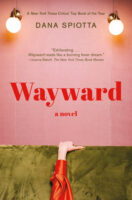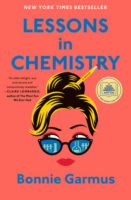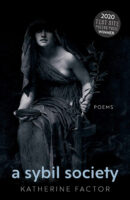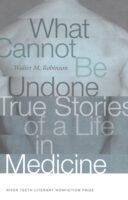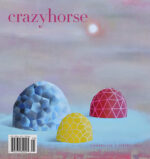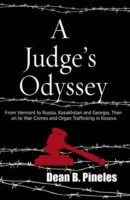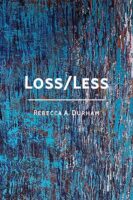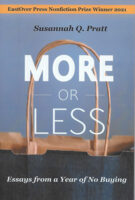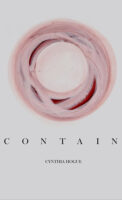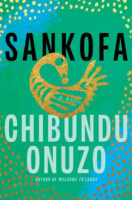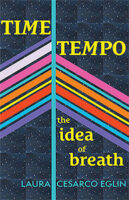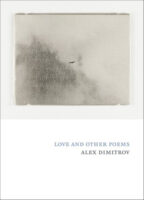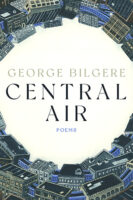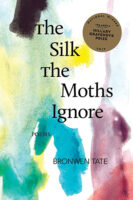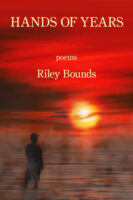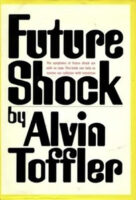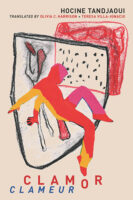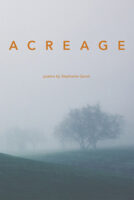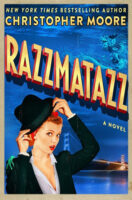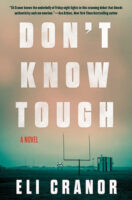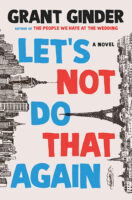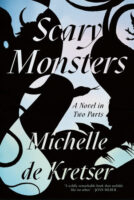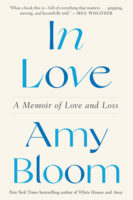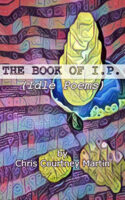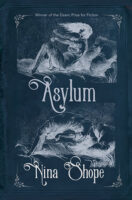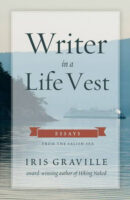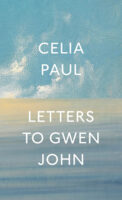I recently attended “Writer Mind Marketing Mind” virtual workshop with Allison K Williams [pictured] hosted by Jane Friedman. And – no – this is not a paid ad. In fact, I paid to attend and am only choosing to run this review because the session was so good along with some absolutely ridiculous elements I can’t help but share.
The 70-or-so-minute workshop was the epitome of the cliche ‘hit the ground running.’ From start to finish, Williams kept an incredible pace of information flowing smoothly from her experience and expertise as social media editor for Brevity and as an editor and writing coach for writers, having helped guide authors to deals with Penguin Random House, Knopf, Mantle, Spencer Hill, St. Martin’s and independent presses among many other publishing experiences. Jane Friedman was also present, helping to manage the session and contributing at different points. If you have not yet read Friedman’s book, The Business of Being a Writer, that’s your first order. She is totally no-nonsense about the reality of writing and publishing, both encouraging and providing much-needed slaps upside the head for anyone who thinks the “business” of publishing is not the responsibility of the writer. It is. Period. This philosophy was echoed throughout “Writer Mind Marketing Mind” – hence the title – but in addition to expressing what writers need to equip themselves with to enter into the business aspects, Williams was also no-holds-barred on what doesn’t work and the misperceptions writers have about those. Much to the satisfaction, I might add, of many in attendance who seemed relieved to let go of those false notions.
As I indicated, there were several ridiculous components to this workshop. The first is that it only cost $25. I’m a bit of a virtual workshop pro by now, and I can say for certain that this is an outrageously low fee for what I got from the session. In addition to all the information that was shared live, participants get access to a recording of the event for a month, we get the full PowerPoint presentation slides, the complete speakers’ transcript, the Zoom chat transcript, a workbook filled with resources that Williams references throughout the workshop, and a separate document with every question that was asked with the answer if it was given during the session as well as answers that were added after the session. And I don’t mean we get some limited access to all of this for a month and then it’s gone. We got access to download and keep ALL of these materials. Additionally, Williams is working on a kind of marketing tracking document that she calls the Marketing Launch Sheet which basically maps out an itinerary for marketing a writing project. This is one step away from being its own app, and it will utterly revolutionize writers’ marketing work. While I say that all of this is ridiculous, it is actually in keeping with Friedman’s philosophy to keep education for writers realistically accessible, and Williams shares in this with her supportive mentoring approach. The concept of community is alive and well here.
The content of the workshop itself opened with misperceptions of marketing that hold writers back, which is where Williams clearly released a number of participants from these impediments as they exclaimed, “Thank goodness!!!” and “Ok, now I love you.” and “I love this webinar already” – and this was just within the first ten minutes. Williams also covered the concept of setting a mission, defining your personal and public self, understanding how writing and selling are both time-consuming activities, which markets are best for your work, what is PR vs. marketing and which are worth your time and/or your money, social media, and various ways to reach readers.
I am personally not looking to market my own writing, but, of course, I have an interest in the business of writing and being a part of the community this creates. For any writer looking to be published, Jane Friedman and anyone connected with her work are going to be your best teachers. Visit Friedman’s website and sign up for everything free that she offers and check out the upcoming workshops. Keep a lookout for where Williams will be presenting next, including another workshop with Friedman, “Why Is My Book Getting Rejected” and writing retreats and intensives with more info at her website www.rebirthyourbook.com. She will also be teaching a novel structure class for James River Writers in October, and a class on “Beautiful Beginnings, Brilliant Endings for Creative Nonfiction” in August, with information on those events not yet posted online. Williams is also the author of three writer’s guides: Seven Drafts: Self-Edit Like a Pro From Blank Page to Book; Seven Bridges: Platform for Authors Who’d Rather Be Writing (forthcoming); and Get Published in Literary Magazines.
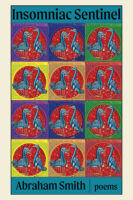

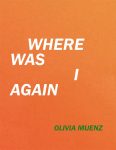
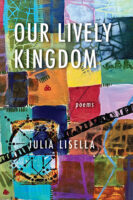
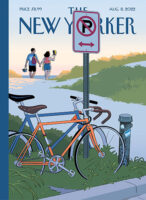
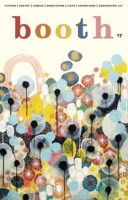
![Borracho [Very Drunk] Love Poems & Other Acts of Madness by Jesus Papoleto Melendez book cover image](https://www.newpages.com/wp-content/uploads/2022/10/Borracho-by-Jesus-Papoleto-Melendezcomes-135x200.jpg)


